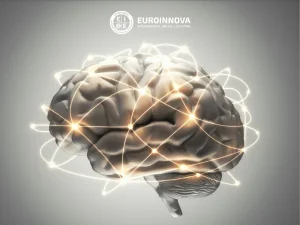The ionization energy of hydrogen is a fundamental concept in chemistry, representing the amount of energy required to remove an electron from a hydrogen atom in its ground state to form a positive ion in the gas phase. In simpler terms, it is the energy needed to completely separate an electron from its parent atom. This property is crucial in understanding the behavior of atoms and molecules, as well as various chemical reactions.
What is the Actual Ionization Energy of Hydrogen?
The ionization energy of hydrogen is precisely 13.6 eV (electron volts). This value indicates the strength of the attraction between the hydrogen’s single electron and its nucleus. A higher ionization energy would imply a stronger bond, making it more difficult to remove the electron.
It’s essential to note that ionization energy is typically expressed in kilojoules per mole (kJ/mol). This unit allows for comparison across different elements. For hydrogen, the ionization energy is equivalent to 1312 kJ/mol.
Ionization Energy of Hydrogen: A Closer Look
To delve deeper into the concept, we must understand the factors influencing ionization energy. Primarily, it depends on the charge of the nucleus and the energy level of the electron. A higher nuclear charge exerts a stronger pull on the electron, increasing the ionization energy. Conversely, electrons in higher energy levels are farther from the nucleus and are less tightly bound, resulting in lower ionization energy.
Hydrogen, with a single proton in its nucleus and a solitary electron in the first energy level, exhibits a relatively high ionization energy. This is because the electron is close to the nucleus and experiences a strong electrostatic attraction.
How Do You Calculate the Ionization of Hydrogen?
While precise calculations require advanced quantum mechanics, the Bohr model provides a simplified yet effective approach to estimating ionization energy. This model views the electron as orbiting the nucleus at specific energy levels. The energy required to remove the electron is equal to the difference in energy between the ground state and the state where the electron is infinitely far from the nucleus.






